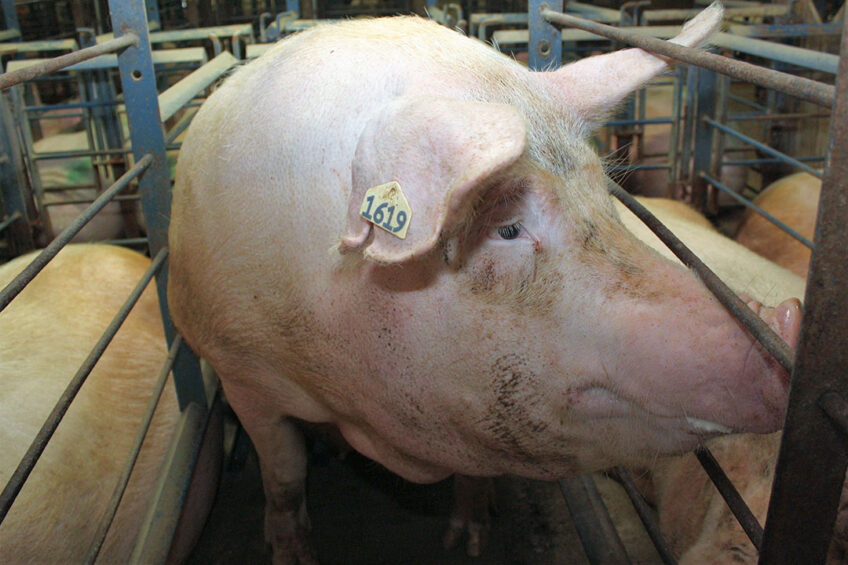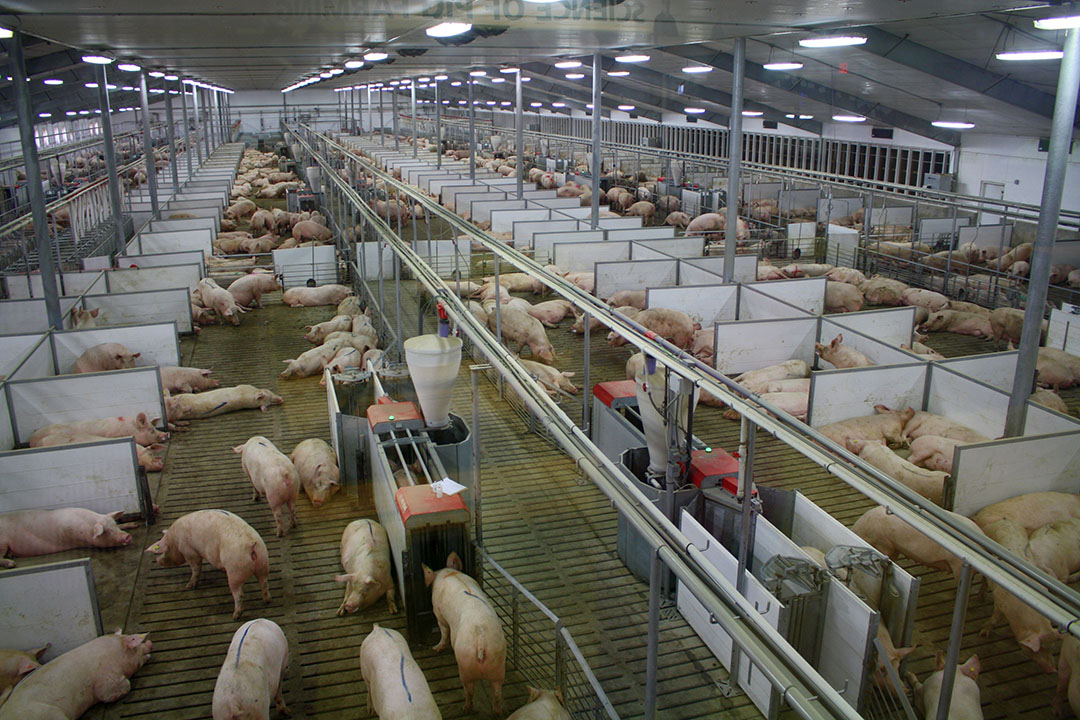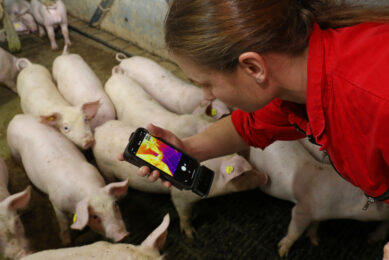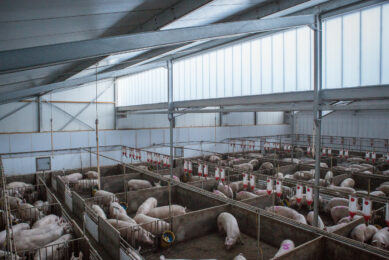Prop 12: California cage ban turns into legal battle

Increasingly, a Californian law on farm animal confinement is leading to legal battles. Because of the large pork market in the coastal state, the implications of California’s Prop 12 law extend beyond its state borders. What is the status of the developments mid-April 2022?
It was back in late 2018 that voters in the US state of California approved ‘Proposition 12’ (in the business better known as Prop 12), also known as the Farm Animal Confinement Initiative. The effects of this legislation, however, were always intended to go far beyond California. It was fully implemented in January 2022.
A quick look into Prop 12
Before looking at its national impact, let’s review Prop 12 itself. These regulations require that animals held in buildings, such as breeding sows, veal calves and laying hens, “be housed in confinement systems that comply with specific standards for freedom of movement, cage-free design and minimum floor space.”
In addition to general requirements that prohibit animals from “being confined in a manner that prevents lying down, standing up, fully extending limbs or turning around freely”, Prop 12 contains “detailed confinement space standards”. Each breeding sow, for example, must have 24 ft2 (2.22 m2) of space. Gestation crates are not permissible.
In total, 9 other states ban or restrict the use of gestation crates besides California. They are Arizona, Colorado, Florida, Maine, Massachusetts, Michigan, Ohio, Oregon and Rhode Island. California represents a significant portion of the US pork market – about 15%.
National impact of pig housing requirements
It is another part of Prop 12 that extends the reach of these housing requirements well beyond California. In short, Prop 12 prohibits any business from knowingly engaging in the sale within the state of California of whole pork meat, whole veal meat and shell/liquid eggs that are derived from pigs, veal calves or poultry that are housed in a “cruel” manner, contrary to the housing standards outlined in the regulations. (In October 2021, the state government of Massachusetts voted overwhelmingly to delay implementation of similar legislation until 1 January 2023.)
Therefore, if farmers and companies anywhere in the US wish to continue supplying pork to California, they must abide by the same rules that apply to their counterparts in California. There are very few pork farms or pork product makers in California.
A 2021 RaboResearch report, ’US Pork Supply Chain Locked in Limbo as Producers Await Legal Ruling’, found that at the time of the report’s release, less than 4% of the sow housing across the US met Prop 12’s standards.
Pork industry response to Prop 12
In addressing the situation, the National Pork Producers Council (NPPC) stated that “as California has no significant commercial pork production, the burden of complying with Prop 12 – and its harmful ramifications – will be felt by hog farmers across the country. Meanwhile, Prop 12 will dramatically reduce the supply of pork to Californians, driving up prices for consumers and removing an affordable source of protein for millions of hard-working families in the state. NPPC and its members strongly object to Proposition 12.”
In addition to costly barn changes, the NPPC noted that Prop 12 “would create a burdensome, bureaucratic labyrinth of regulatory provisions, requiring a virtually unworkable annual certification of hog farms and creating an overly complex accreditation process for entities allowed to certify those farms and the pork production chain.”
It would also impose overly burdensome and unnecessary recordkeeping requirements on farmers and others throughout the pork supply chain, impose unnecessary and problematic labeling provisions, “and grant legally questionable enforcement authority that exceeds the scope and authority of Proposition 12.”

Legal challenges to Prop 12
The North American Meat Institute has challenged Proposition 12 on the assertion that over half of US state governments find it intolerable that one state would be allowed to apply its laws to what occurs in other states. In addition, the Institute asserted that Proposition 12 threatened the free flow of interstate commerce.
The institute had asked the US Supreme Court to review the legislation, but in June 2021, the court declined to do so. The NPPC, in collaboration with the American Farm Bureau Federation, launched a separate lawsuit against the state of California over Proposition 12.
At the end of March 2022, the US Supreme Court decided it will hear these challenges. On 28 March, the American Farm Bureau Federation stated that it’s “pleased with the Supreme Court’s decision to consider the constitutionality of California’s law imposing arbitrary requirements on farmers well outside its borders. We share California’s goal of ensuring animals are well cared for, but Prop 12 fails to advance that goal… One state’s misguided law should not dictate farming practices for an entire nation.”
The lawyers for the government of California, however, remind those who oppose Proposition 12 that it only regulates in-state sales, and that pork companies outside the state can house their pigs and sell their pork in California or other markets as they wish.
Larger pork processors don’t sit and wait
They also note that 2 large US pork companies, Tyson Foods and Hormel, have already announced that they will comply with Proposition 12.
As far back as October 2020, Hormel stated that “while it is still awaiting final clarity on specific details and rules, the company is preparing to fully comply when the law goes into effect on 1 January 2022. The company’s Applegate portfolio of products already complies with Proposition 12.”
Meanwhile, in late March, 2 US House representatives introduced an amendment to the Animal Welfare Act prohibiting the extreme confinement of all US pregnant pigs. However, it’s believed that since neither of these representatives are on the House Agriculture committee, it is unlikely this bill will move forward.











